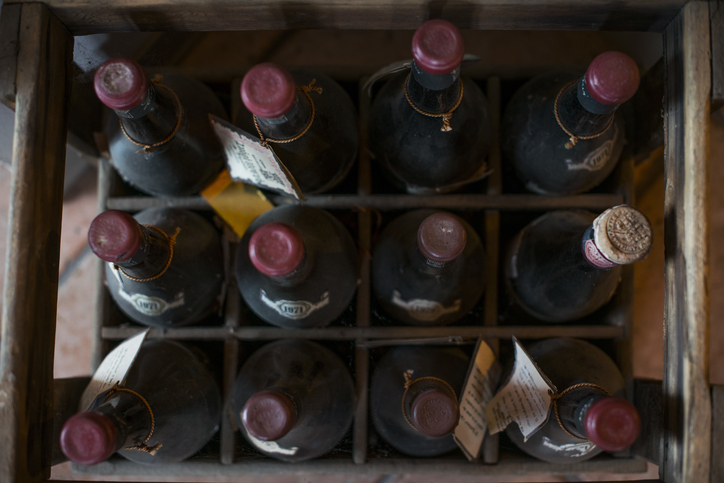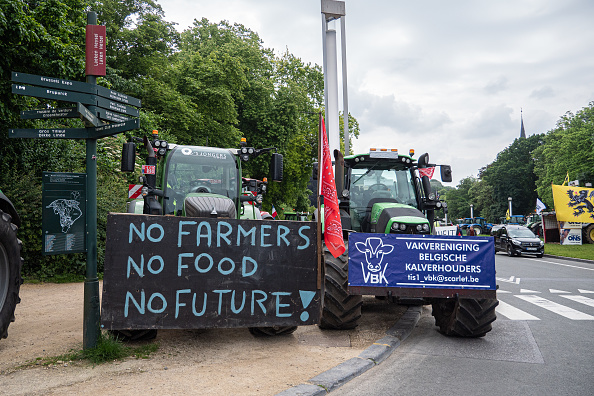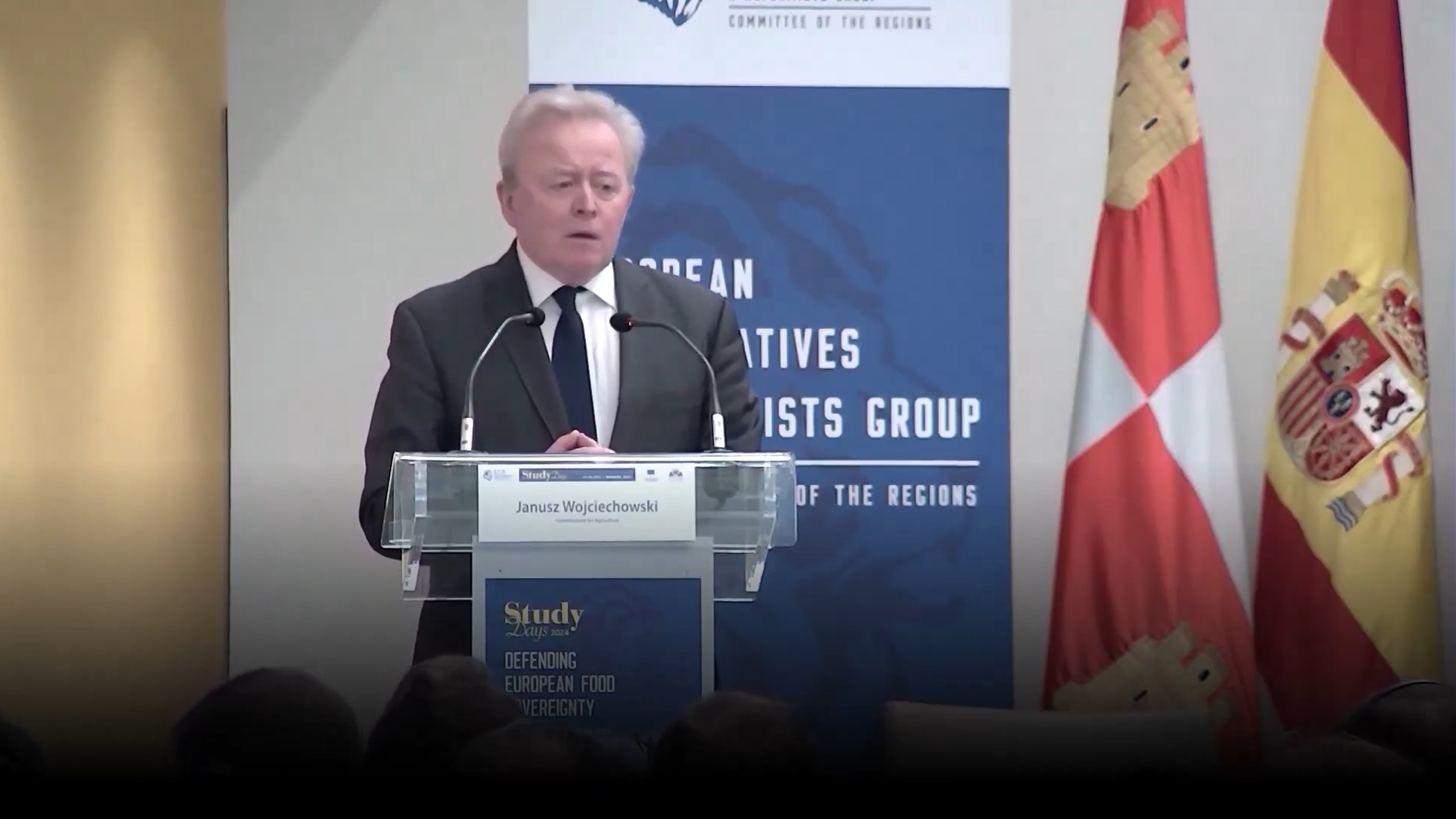European consumers now waste as much food as the EU imports, around 58 million tonnes a year, according to a new report.
The value of this discarded food is estimated at €132 billion annually, and its climate footprint accounts for 16 per cent of greenhouse gas emissions from the EU food system.
The European Climate Neutrality Observatory (ECNO), which published the report on July 14, warns that this level of waste reflects a deeper mismatch between consumer behaviour, farming efforts and EU policy — particularly in how subsidies are allocated under the Common Agricultural Policy (CAP).
“We have producers trying alternative models and consumers asking for better options, but political ambition is lagging,” said Natalie Pelekh, agrifood expert at the European Climate Neutrality Observatory (ECNO), speaking to Brussels Signal on July 11.
“EU policy is still designed for yesterday’s food economy.”
A report published by the ECNO on July 14 argued that EU agricultural spending under the Common Agricultural Policy (CAP) remained out of sync with changes in both consumption habits and farming practices.
The analysis says that current subsidy structures still favour high-emission livestock and monoculture systems, rather than support emerging low-waste, plant-based or diversified models.
The report found that 72 per cent of the EU’s food waste came from consumers, a category that included households, restaurants and food services.
ECNO estimated the value of this wasted food at €132 billion and said it accounted for 16 per cent of greenhouse gas emissions from the food system.
While the EU has committed to reducing food waste, Pelekh said levels have largely persisted in recent years.
“Food waste levels have persisted, and to some extent plateaued — whereas the EU has committed to decreasing them, which is why we say the trends are heading in the wrong direction,” she said.
Robin Cuypers, a researcher in behavioural insights and public policy at the Belgian University of Leuven, told Brussels Signal that even well-intentioned actions can have unintended consequences.
He pointed to a phenomenon known as “moral licensing,” where individuals who take one sustainable action — such as buying organic food or reducing meat intake — may feel justified in neglecting others, such as avoiding waste.
“Good behaviour can act like a kind of psychological exemption,” he said. “When people feel they’ve done their part, they may become less attentive to other impacts, like wasting food.”
Cuypers added that most food waste happened at home, beyond the reach of common behavioural nudges such as product placement or food labelling in stores. He said public awareness campaigns tended to have limited impact compared to targeted behavioural interventions.
“Governments often rely on awareness campaigns,” he said. “But research shows these are less effective than behavioural measures at the point of decision.”
The ECNO report also highlighted changes in consumer behaviour, particularly in relation to meat consumption.
According to the analysis, EU beef consumption dropped below 10 kilos per capita in 2023, declining faster than projected in climate scenario modelling.
In Germany, the Federal Information Centre for Agriculture (BZL) recorded a more than 5 per cent fall in beef and veal consumption in 2023, reaching 8.9 kilos per person. That figure represents the lowest level since records began in 1991, according to a report by the ONG Clean Energy Wire.
Despite these changes, the report argued that current CAP subsidies continued to favour livestock-based systems. It said rebalancing support could allow farmers to diversify, adopt lower-emission models and better respond to evolving market demand.
Some small and mid-sized farms were already exploring alternative approaches, including agroecology, crop diversification and plant-based protein. But ECNO warned that without structural support, such models remained economically marginal.
The group also identified the upcoming Circular Economy Act as a possible opportunity to reduce waste through food surplus redistribution and improved waste separation.
The report noted, though, that although separate biowaste collection was now mandatory across the EU, several member states have not yet implemented it, limiting the potential to recover value from household waste.
Pelekh said reducing food waste and building more circular food systems could improve supply chain resilience and reduce dependence on imported animal feed and fertilisers.
“This isn’t about telling people what to eat,” she said. “It’s about aligning policy with real trends in society — and making sure the transition is fair, fast and future-fit.”
On July 16, the European Commission was expected to present its proposal for the EU’s next long-term budget. The CAP — the EU’s largest single expenditure — was expected to feature prominently.
On the same day, farmers were scheduled to protest in Brussels against proposed budget reductions and a plan to integrate agricultural funding into broader national “partnership” agreements.





